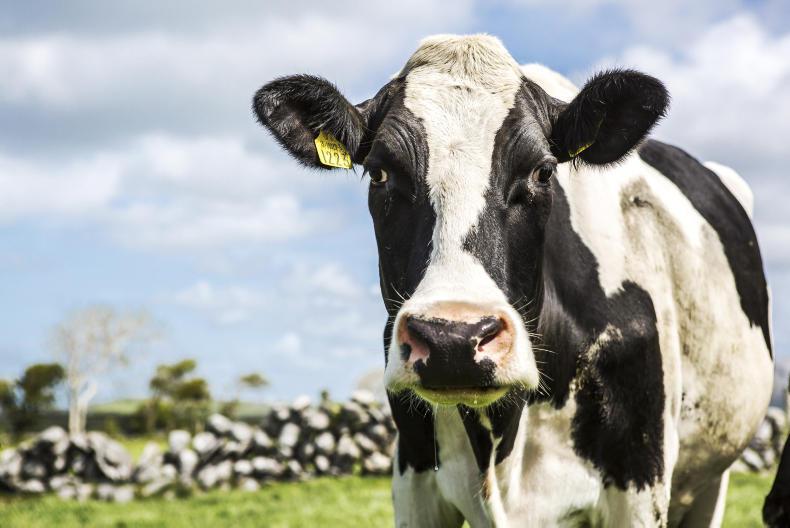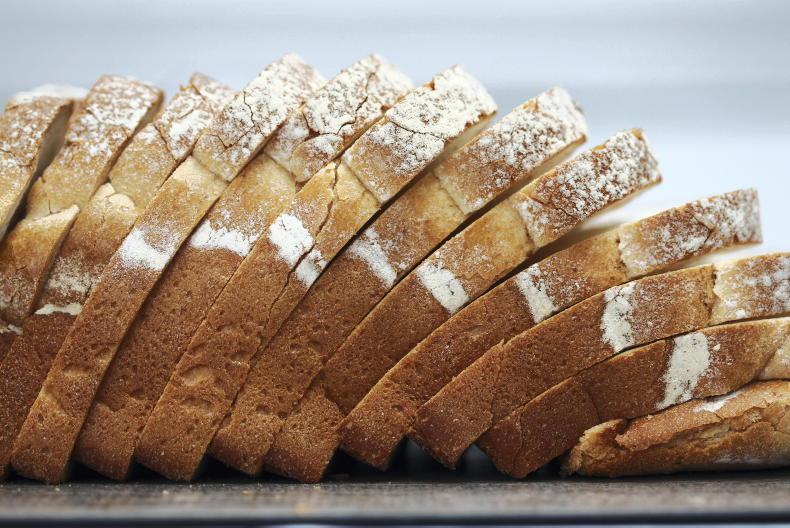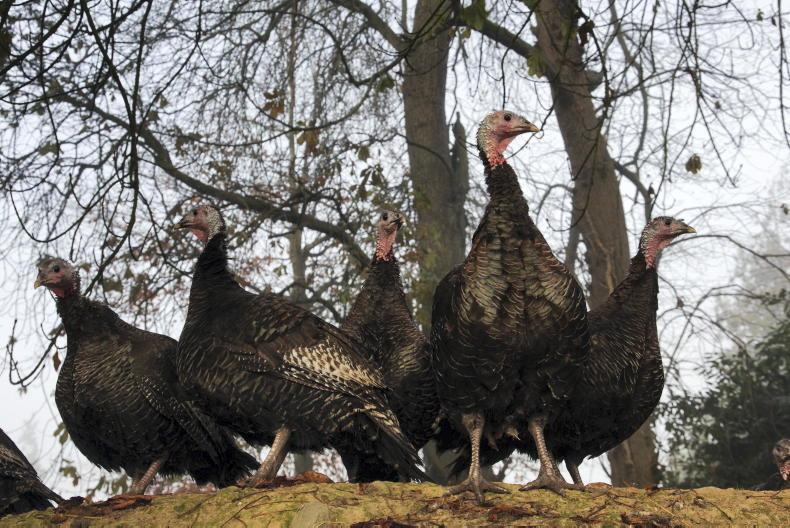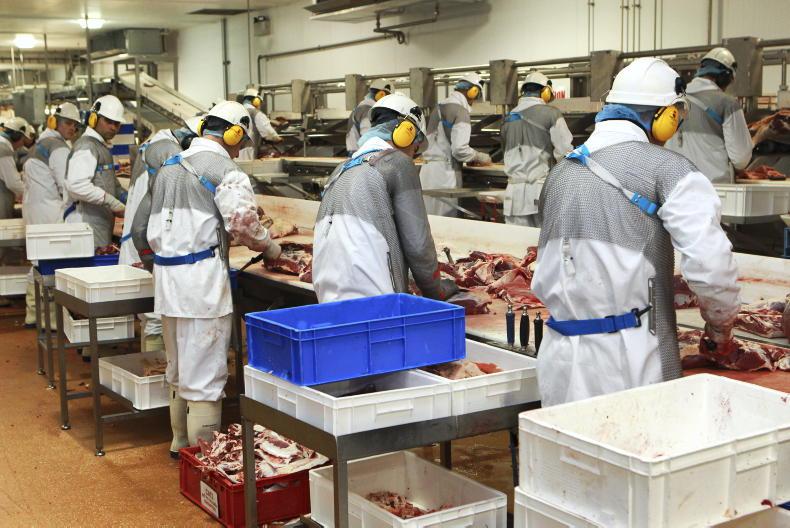Retail pressure on the price of fresh milk is continuing to cause frustration among farmers.
The liquid milk sector, worth an estimated €517m in 2017, has seen the number of farmers supplying processors almost halve in the last 20 years. There were just over 1,800 registered producers in 2016/17, compared to 3,340 in 1995/96.
Despite the high number of farmers leaving the sector, the volume of contracted milk has stayed relatively steady, with 486m litres produced in 2016/17. The volume of milk produced on winter month-only contracts has fallen from 9m litres to 6.5m litres in that 20-year period.
Autumn calvings in dairy herds have fallen in recent years. In 2017, figures were down 6% on 2016, having already fallen 12% compared to 2015, according to the ICBF.
Alongside this, the National Milk Agency report for 2017 shows that the price differential between manufacturing milk and liquid milk has narrowed from a high of 6c/l in 1997 to 2.61c/l in 2017.
“The margins for the average liquid milk and spring milk herd is the same per hectare,” Teagasc dairy specialist Joe Patton said.
However, that does not account for labour costs, which are “significantly higher than for a spring milk producer given the 365-day nature of the business”.
“Winter milk producers are entirely reliant on premiums to achieve parity.
“Any erosion of that premium puts them at a disadvantage,” Patton added.
In 2016, the Institute for the Food Economy in Germany calculated that it costs over 21c/l to assemble, process, package and transport milk for the retail market.
Adjusting this to an Irish scenario, which runs at a smaller scale than Germany, the IFA estimates that the cost here is 23c/l.
Studies have shown that the cost of producing liquid milk year round, including labour, amounts to 40c/l.
National average
The national average retail price for milk last year was 89c/l, according to the NMA. This prices gives the retailer a potential margin of 26c/l.
Some Aldi and Iceland stores have recently started selling milk for €1.30 for two litres, which the IFA argues is “lazy marketing” to gain market share at the cost of future supply.
The farm organisation also says that Aldi’s Origin Green membership is “incompatible” with milk discounting.
A spokesperson for Iceland Ireland said: “We work with a range of suppliers and manufacturers in Ireland and in sourcing products from them we are proud to support jobs in the Irish economy while bringing customers quality products at great prices. ’’
IFA president Joe Healy wrote to the Minister for Business Heather Humphreys this week asking her to look at mechanisms that would regulate the retail sector in the wake of this issue.
The IFA is seeking an independent retail regulator, similar to the Groceries Code Adjudicator in the UK.
Read more
Aldi’s Origin Green membership ‘incompatible’ with milk discounting
Retail pressure on the price of fresh milk is continuing to cause frustration among farmers.
The liquid milk sector, worth an estimated €517m in 2017, has seen the number of farmers supplying processors almost halve in the last 20 years. There were just over 1,800 registered producers in 2016/17, compared to 3,340 in 1995/96.
Despite the high number of farmers leaving the sector, the volume of contracted milk has stayed relatively steady, with 486m litres produced in 2016/17. The volume of milk produced on winter month-only contracts has fallen from 9m litres to 6.5m litres in that 20-year period.
Autumn calvings in dairy herds have fallen in recent years. In 2017, figures were down 6% on 2016, having already fallen 12% compared to 2015, according to the ICBF.
Alongside this, the National Milk Agency report for 2017 shows that the price differential between manufacturing milk and liquid milk has narrowed from a high of 6c/l in 1997 to 2.61c/l in 2017.
“The margins for the average liquid milk and spring milk herd is the same per hectare,” Teagasc dairy specialist Joe Patton said.
However, that does not account for labour costs, which are “significantly higher than for a spring milk producer given the 365-day nature of the business”.
“Winter milk producers are entirely reliant on premiums to achieve parity.
“Any erosion of that premium puts them at a disadvantage,” Patton added.
In 2016, the Institute for the Food Economy in Germany calculated that it costs over 21c/l to assemble, process, package and transport milk for the retail market.
Adjusting this to an Irish scenario, which runs at a smaller scale than Germany, the IFA estimates that the cost here is 23c/l.
Studies have shown that the cost of producing liquid milk year round, including labour, amounts to 40c/l.
National average
The national average retail price for milk last year was 89c/l, according to the NMA. This prices gives the retailer a potential margin of 26c/l.
Some Aldi and Iceland stores have recently started selling milk for €1.30 for two litres, which the IFA argues is “lazy marketing” to gain market share at the cost of future supply.
The farm organisation also says that Aldi’s Origin Green membership is “incompatible” with milk discounting.
A spokesperson for Iceland Ireland said: “We work with a range of suppliers and manufacturers in Ireland and in sourcing products from them we are proud to support jobs in the Irish economy while bringing customers quality products at great prices. ’’
IFA president Joe Healy wrote to the Minister for Business Heather Humphreys this week asking her to look at mechanisms that would regulate the retail sector in the wake of this issue.
The IFA is seeking an independent retail regulator, similar to the Groceries Code Adjudicator in the UK.
Read more
Aldi’s Origin Green membership ‘incompatible’ with milk discounting









SHARING OPTIONS